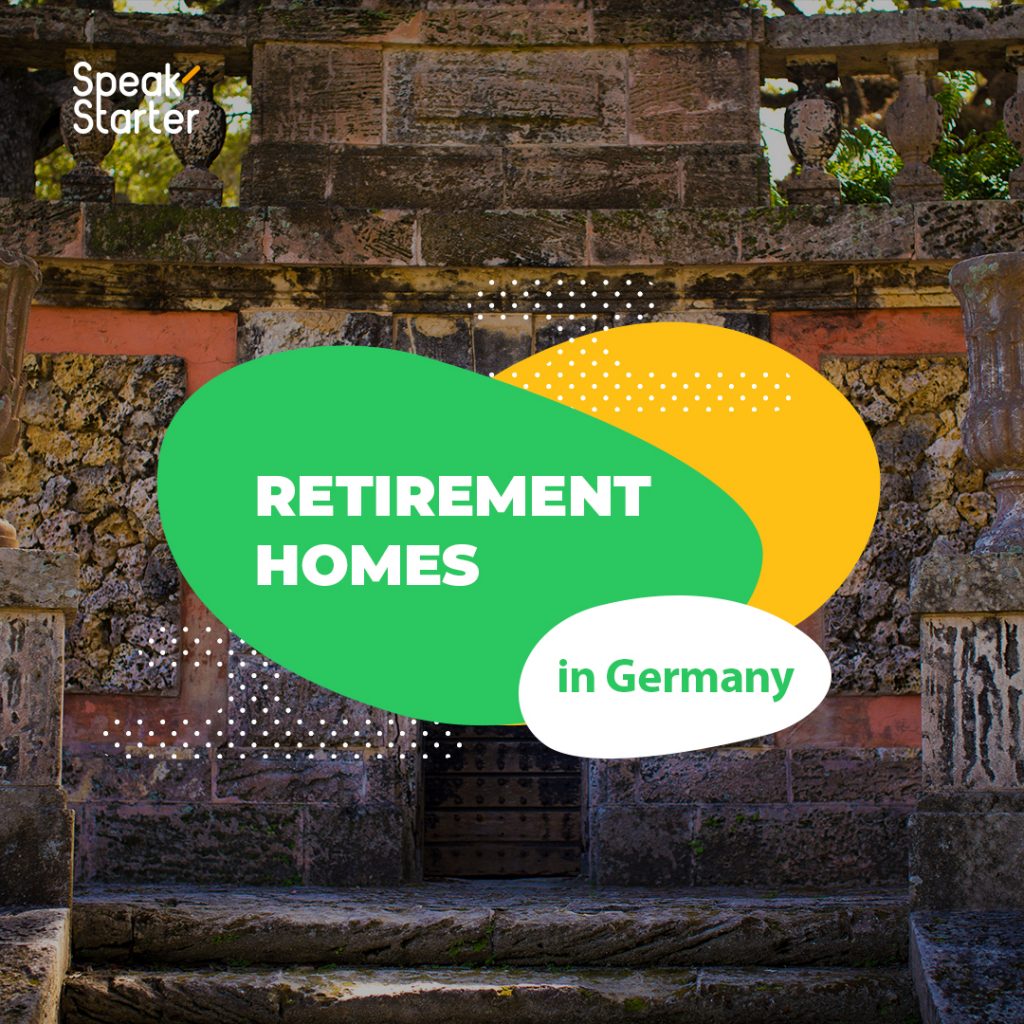In many Western countries, elderly people do not live in villages, digging up gardens, but in nursing homes. So let’s discuss why they go there and what they do there.
Let’s start with a fun fact that you probably didn’t know: Germany has the oldest population after Japan. Other European countries, Austria and Switzerland, for example, are not behind in the ranking. The demand for nursing home services is quite high.
There are three kinds of homes:
- Altenwohnheim, where people do not need constant care;
- Altenwohnheim – partial care;
- Altenpflegeheim, where residents need continuous medical care.
There is a law that requires parents to pay for the care of their young children. But there is also a law in Europe which obliges children to pay for the care of their elderly parents. Pensioners do not worry, because if their children do not want to “bring them a glass of water in their old age”, the state will oblige them to this. Children may refuse to do this, in which case the nursing home may claim the property of the one they are supporting.
Elderly people are treated like children in kindergarten, because they are responsible for them. The inspiration for writing this material was the news under the table of contents: “In Germany, two retired people escaped from a nursing home for the Heavy Metal Festival”. They are entertained, organized by events, festivals, trips to nature, etc. Often young people go there and read poetry or play music to pensioners.
Naturally, there are both private and public nursing homes. They are all paid for. The conditions in all state institutions are the same, regardless of social status. But this is only the case with state institutions (of which there are only 5% in the country). They are financed from the state budget, the rest are partially financed by charity organizations.
The cost of living in such an institution depends largely on the federal state and the degree of care the person needs, but on average it is more than a thousand euros. Part of the money is covered by insurance and part by the state or a non-profit organisation. How much the insurance will pay for you depends on the level of care and assistance required. If a fully independent elderly gentleman decides to move into one of these homes, the insurance will not give him a penny. In Germany, there is a system in place that makes care insurance mandatory for all working people.
In general, no one gets anything for free, but mostly pensioners in Europe feel quite comfortable and will not be left without proper care in any case.

